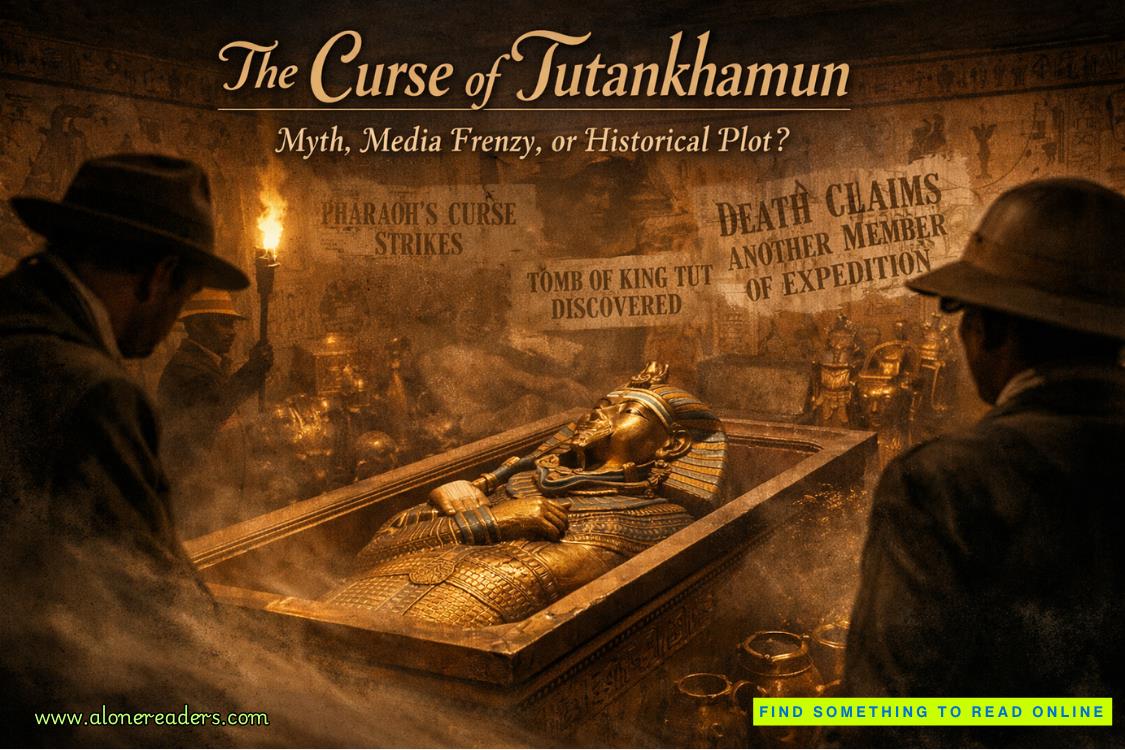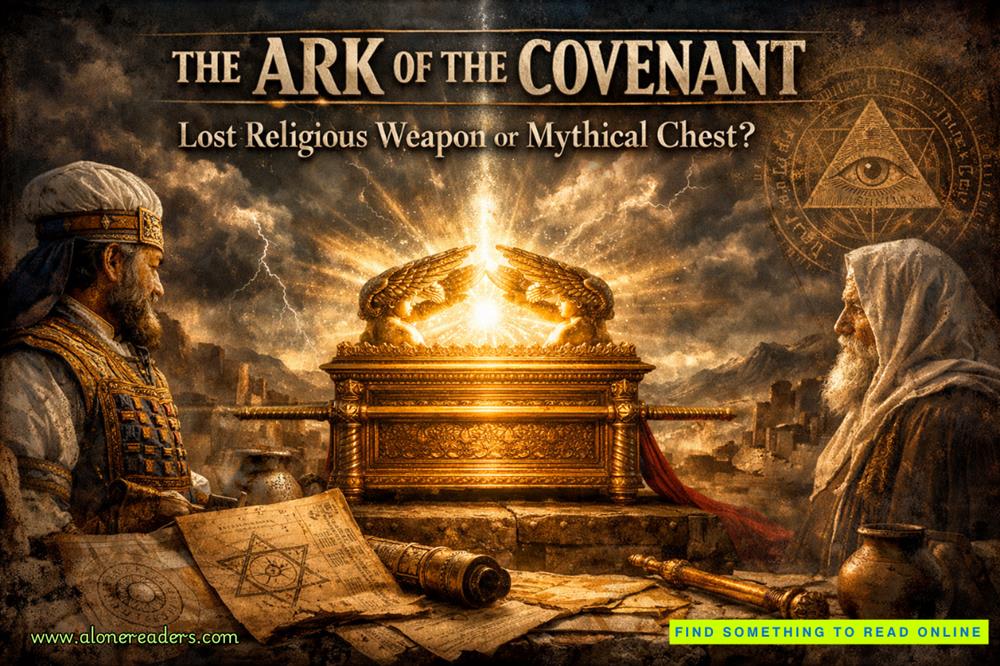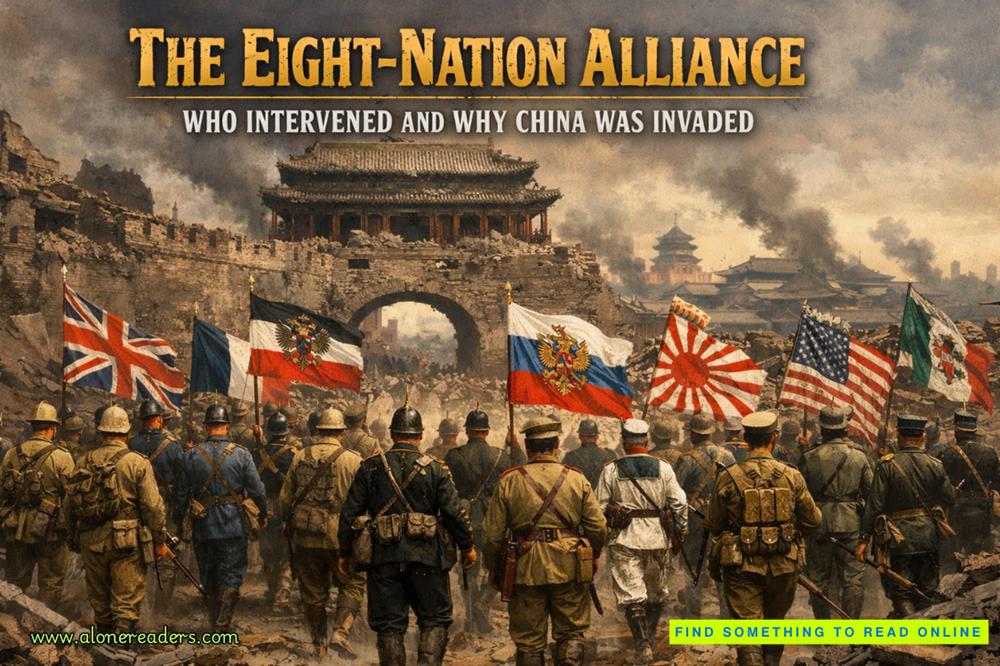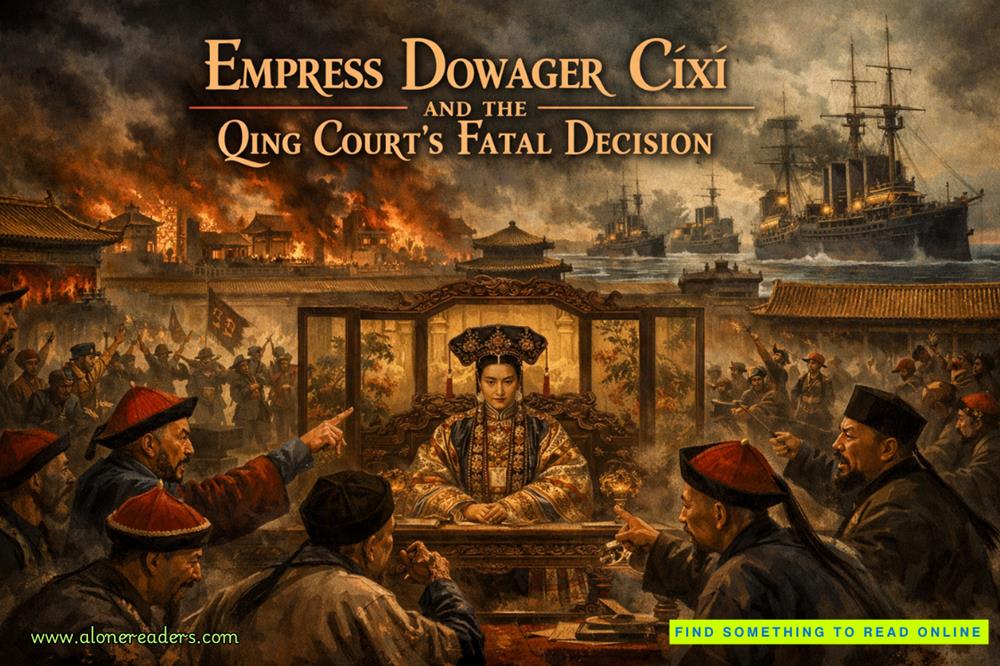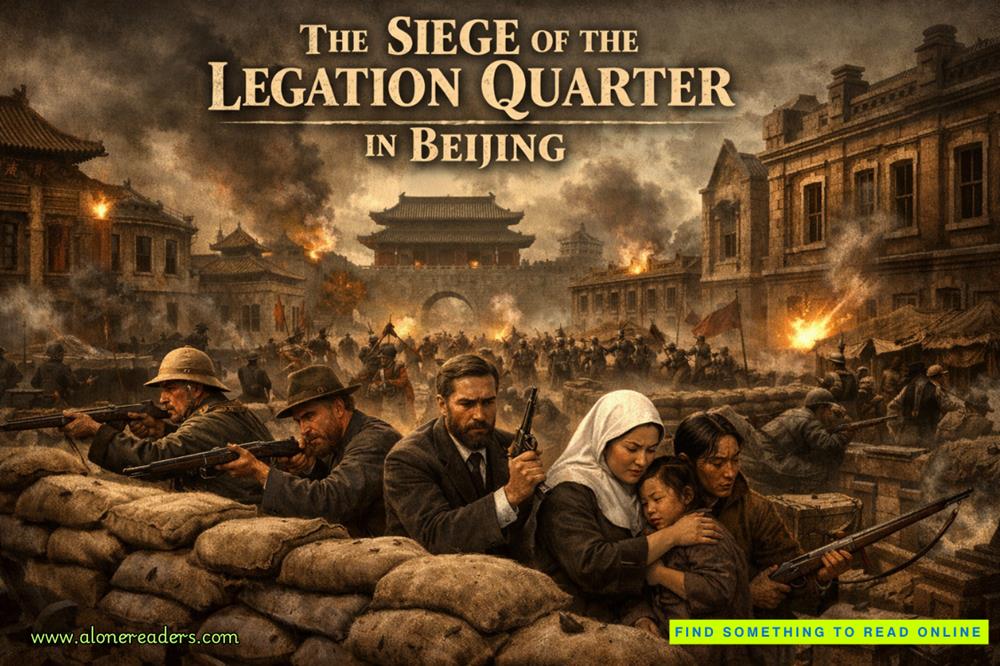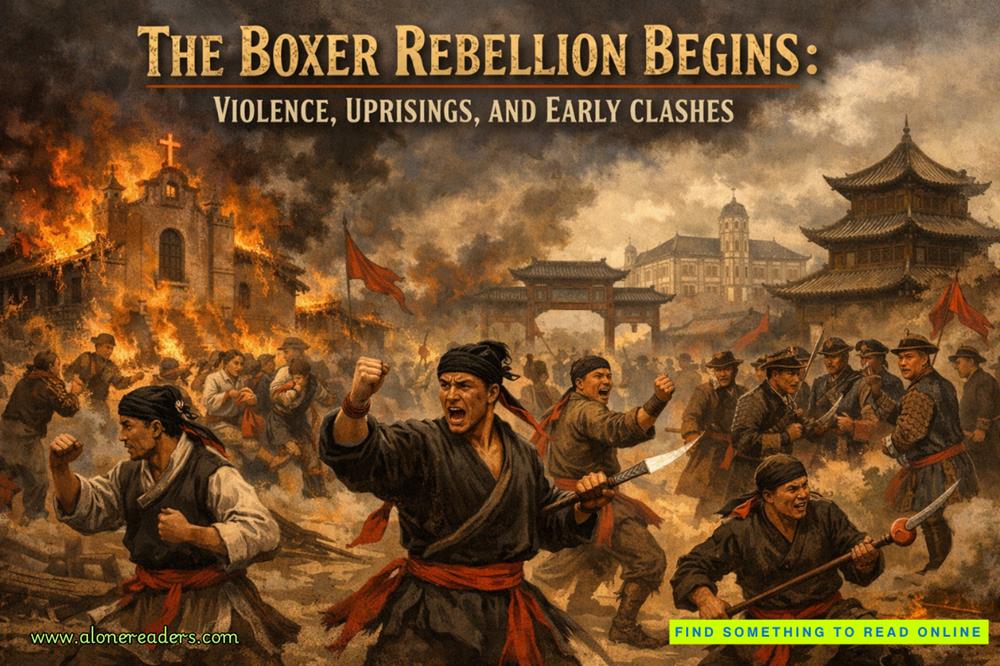“You guys have a good weekend,” I called out.
I got no response.
2
OUTSIDE THE COURTROOMdoor, a man waited for me in the hallway. I had seen him inside during the hearing, sitting by himself in the back row of the gallery. If he was a journalist, he was unfamiliar to me. I knew most of the court reporters in town by sight, if not by name and acquaintance. But the lawsuit had garnered a fair amount of national attention and I had heard from and seen some members of the national media tribe for the first time. This man carried a backpack over his shoulder and wore a sport jacket but no tie. That told me he probably wasn’t a lawyer—at least not one with business in the building. He stood back while I whispered a goodbye to my client and told her I would be in touch the minute I received a ruling from the judge on the motions just argued. As soon as we separated, the stranger approached. He looked to be in his early fifties and had a full head of brown-going-gray hair. He looked like an aging surfer. It took one to know one.
“Mr. Haller, I was hoping to buy you a cup of coffee,” he said.
“I don’t need coffee,” I said. “I’m jacked from that hearing. Do I know you? Are you a journalist?”
“Uh, a writer, yes. I wanted to talk to you about something that could be mutually beneficial.”
“What kind of writer?”
“I write books about technology. And how it can be turned against us. I also write a Substack column. Same subject.”
I looked at him for a long moment.
“And you want to write about this case?”
“I do.”
“And what’s the part that would be beneficial to me?”
“Well, if we could sit down for a few minutes, I could lay it out for you.”
“Where? I’ve got a meeting across the street in”—I raised my wrist to check my watch—“twenty minutes.”
It was a lie. I just wanted to put a time limit on this conversation in case it wasn’t to my liking. I was planning to go across the street to the district attorney’s office, but I had no appointment. I intended to talk my way in.
“Give me ten minutes,” the writer said.
“Do you need coffee?” I asked.
“Not if you don’t.”
“Okay, let’s go into one of the attorney rooms down the hall here. That would be quickest and quietest.”
“Lead the way.”
I started down the hall, then stopped.
“What’s your name?” I asked.
“Jack McEvoy,” he said. “Nice to meet you.”
He held out his hand and I shook it. He had a strong grip and met my eye without hesitation. My impression at that moment was that this might be the start of a good thing.
3
THE ATTORNEY ROOMSin the federal courthouse were tiny and furnished with only a small table and four chairs. They were designed for lawyers to confer with clients and witnesses before entering court. I found one that was empty and slid the redOCCUPIEDplacard across theAVAILABLEsign. I opened the door and signaled McEvoy in first. We sat on opposite sides of the table. I took a notebook out of my briefcase and started the meeting by asking him to spell his last name. He did.
“That name and the spelling are familiar,” I said. “Should I know your work?”
“I’ve published three nonfiction books in the past twenty or so years,” McEvoy said. “They hit bestseller lists. Briefly. But they all have L.A. connections.”
“What are the titles?”





